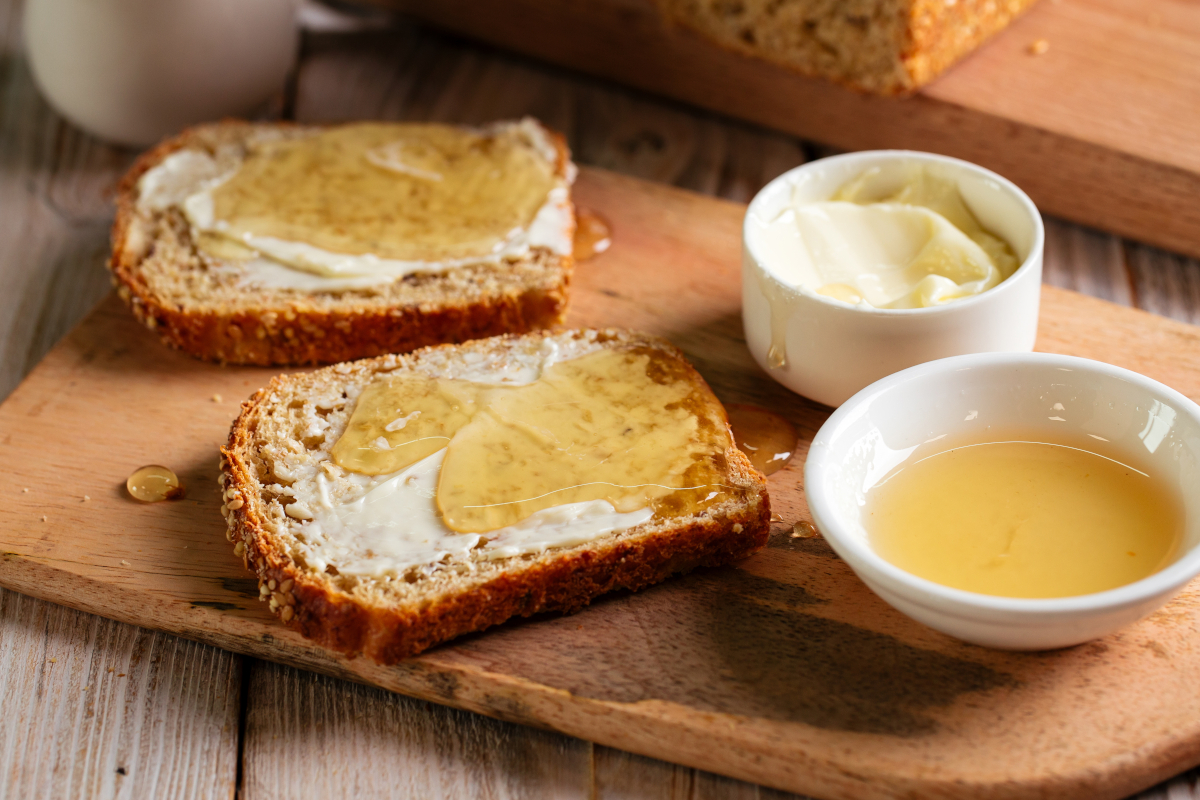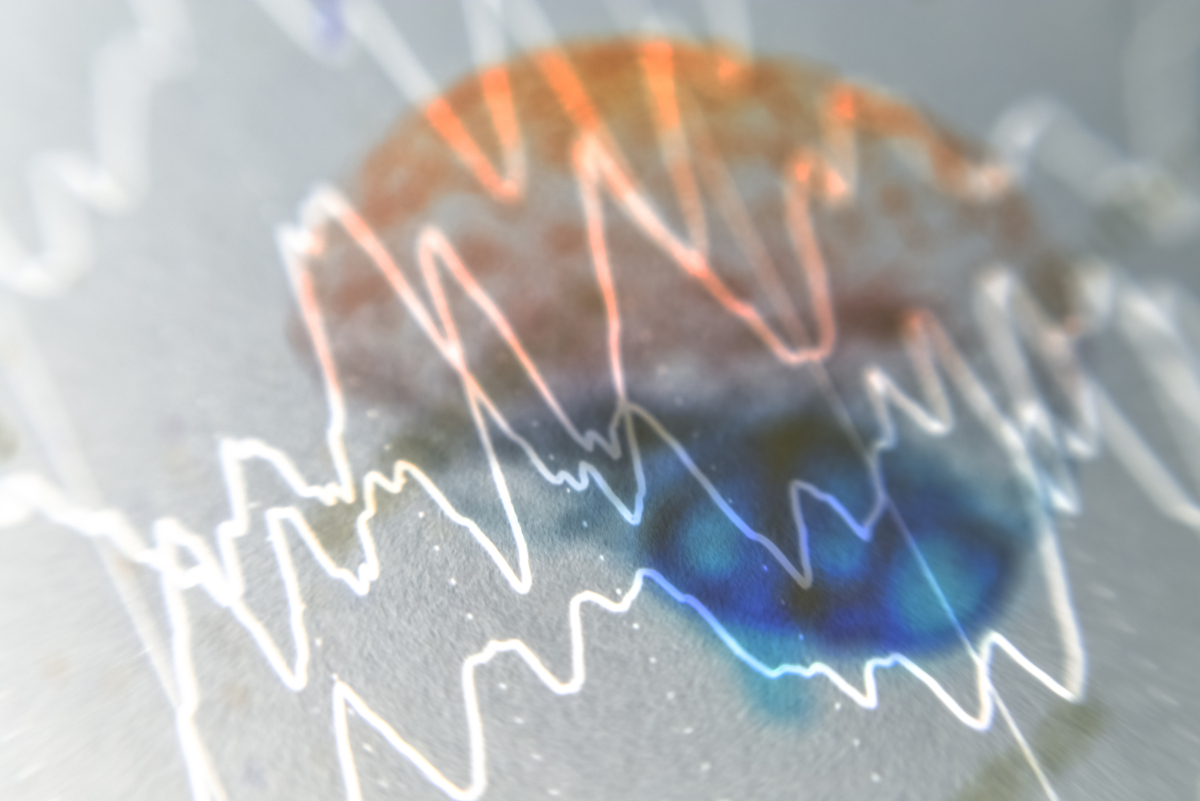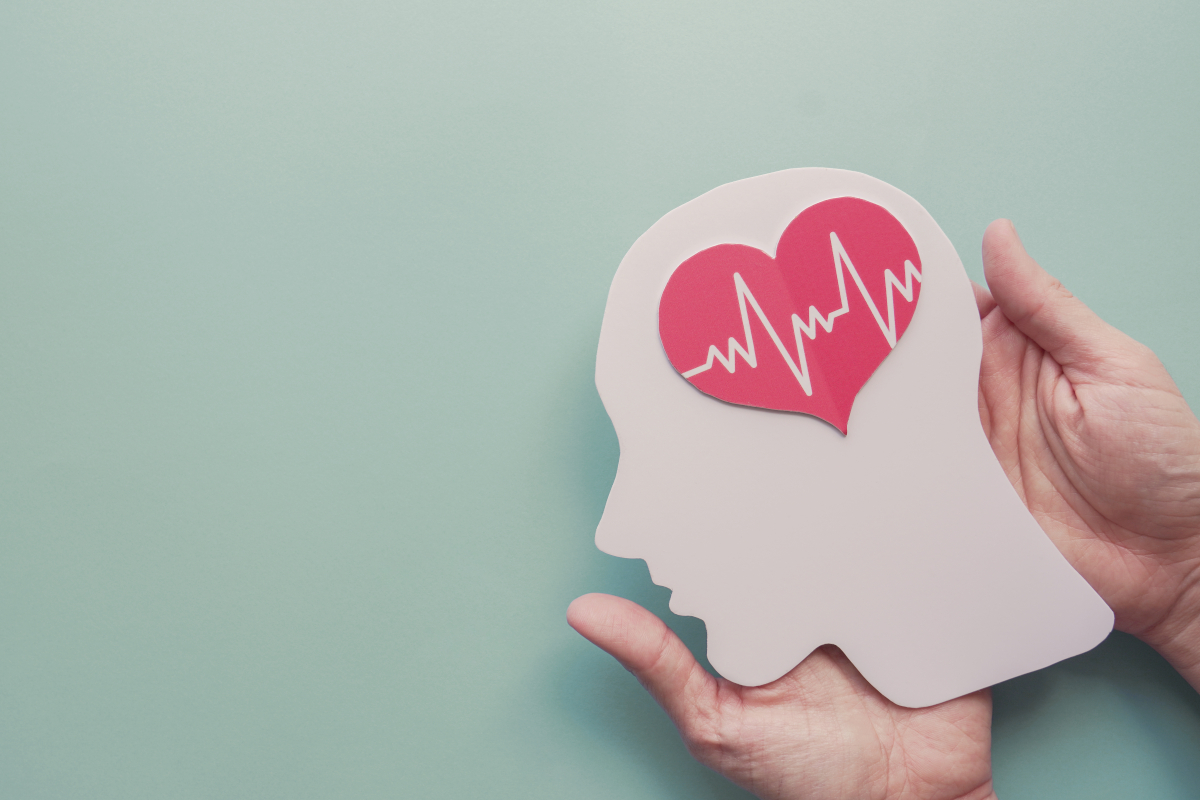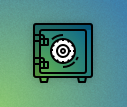Eating right keeps your brain supplied with energy and helps prevent headaches
Eating right is the only way to give your brain a stable supply of energy. How you eat and drink can help you win the battle against headache.
-
References
Deitmer J et al. Unser hungriges Gehirn: Welche Rolle spielen Gliazellen bei der Energieversorgung? Neuroforum 2017; 23 (1): 2–12. doi: 10.1515/nf-2016-1102
Jabr F et al. Does Thinking Really Hard Burn More Calories? Scientific American July 2012; https://www.scientificamerican.com/article/thinking-hard-calories/
Mächler P et al. In vivo evidence for a lactate gradient from astrocytes to neurons. Cell Metabolism 2015; 23: 1–9. doi.org/10.1016/j.cmet.2015.10.010
Magistretti P et al. A Cellular Perspective on Brain Energy Metabolism and Functional Imaging. Review; Neuron 2015; 86: 883 – 901. doi.org/10.1016/j.neuron.2015.03.035
Mergenthaler P et al. Sugar for the brain: the role of glucose in physiological and pathological brain function. Trends Neurosci. 2013; 36(10): 587–597. doi.org/10.1016/j.tins.2013.07.001
Mergenthaler P et al. Sugar for the brain: the role of glucose in physiological and pathological brain function. Trends Neurosci. 2013; 36(10): 587–597. doi.org/10.1016/j.tins.2013.07.001






















